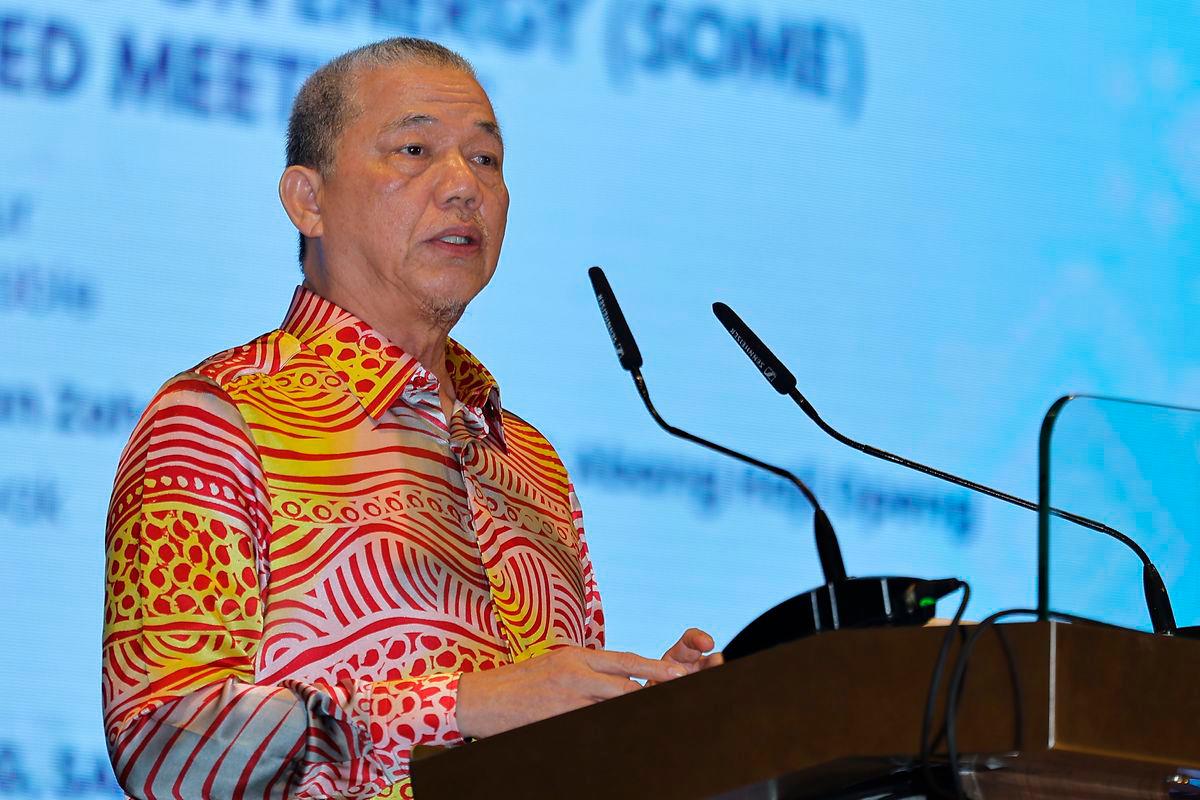KUCHING: International collaboration is vital for ASEAN to realise a sustainable energy future, as this aspiration requires member states to adopt innovative technologies and strengthen power infrastructure, Deputy Prime Minister Datuk Seri Fadillah Yusof said.
Fadillah said expertise, technological advancements and investment support from ASEAN dialogue partners and international organisations were essential to navigate complex challenges and achieve shared energy goals.
“It is through these multi-faceted collaborations that we can collectively accelerate progress towards a cleaner, greener and more secure energy future,“ he said at a welcoming dinner for delegates attending the 43rd ASEAN Senior Officials Meeting on Energy (SOME), held here tonight.
The dinner was attended by Sarawak Premier Tan Sri Abang Johari Tun Openg.
Fadillah, who is also Energy Transition and Water Transformation Minister, said he looked forward to a productive exchange of ideas and meaningful outcomes from discussions with ASEAN dialogue partners and international organisations over the next two days.
“We believe that by working hand-in-hand, sharing knowledge and leveraging each other’s strengths, we can unlock the immense potential within our energy sectors and drive meaningful change,“ he said.
He added that Malaysia remained firmly committed to the energy transition, with ongoing efforts to increase renewable energy capacity, improve energy efficiency and pursue cutting-edge solutions for a low-carbon economy.
The 43rd ASEAN-SOME and its associated meetings began today and will run until June 18, drawing around 250 delegates, including senior energy officials and representatives from the ASEAN Secretariat and the ASEAN Centre for Energy.
All 10 ASEAN member states — Malaysia, Brunei Darussalam, Cambodia, Indonesia, Laos, Myanmar, the Philippines, Singapore, Thailand and Vietnam — are participating, with Timor-Leste attending as an observer.
Dialogue partners China, Japan, South Korea, Russia and the United States are also attending, alongside representatives from the International Renewable Energy Agency, International Energy Agency, Economic Research Institute for ASEAN and East Asia, Asian Development Bank and the World Bank.









